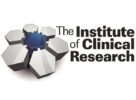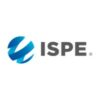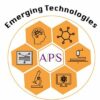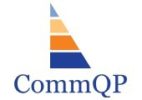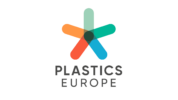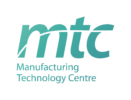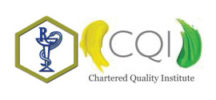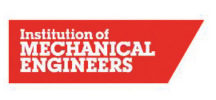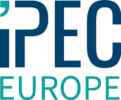Workshop: Getting Started: Transitioning from Document-Centric to Data-Centric Drug Development
[vc_row][vc_column][vc_btn title="Book your place here" style="outline-custom" outline_custom_color="#000d66" outline_custom_hover_background="#000d66" outline_custom_hover_text="#ffffff" align="center" button_block="true" link="url:https%3A%2F%2Fwww.makingpharma.com%2Fworkshop-getting-started-transitioning-from-document-centric-to-data-centric-drug-development%2F|target:_blank"][/vc_column][/vc_row][vc_row][vc_column][vc_column_text]Pharma & Biotech companies around the world are now discussing a move from document-centric to data-centric development (document-centricity of course referring to pharma’s document-dependency).
However, even though companies want to move away from the document, or not be ‘document-centric’, fundamentally the industry still communicates through documents, sends information via documents etc. So, the solution (as we see it) is to not rely on the document as your source of knowledge. But, to index the content of the document, building an integrated knowledge base based on structured data frameworks where key information is Findable, Accessible, Interoperable & Reusable (FAIR). Once you have done this, the document becomes what it always should have been - an after-thought, not a priority.
In this workshop we’re going to explore a 3-step approach to indexing content (information), as opposed to indexing documents. We’ll discuss this through an example, a Quality Target Product Profile (QTPP), and we’ll look at how you might approach indexing the content of this typically huge, controlled document with the end result of building a digital-QTPP that is completely aligned with ICH Q8. Thereby shifting the point of scientific collaboration away from the document, and towards the data.
We hope that this workshop will provide new insight into the transition from document-centric development to data-centric development, and act as a source of inspiration to enact change at your respective organizations.[/vc_column_text][/vc_column][/vc_row]
Speaker
 Sana Ahmed Director of Quality by Design - QbDVision
Sana Ahmed Director of Quality by Design - QbDVision



















